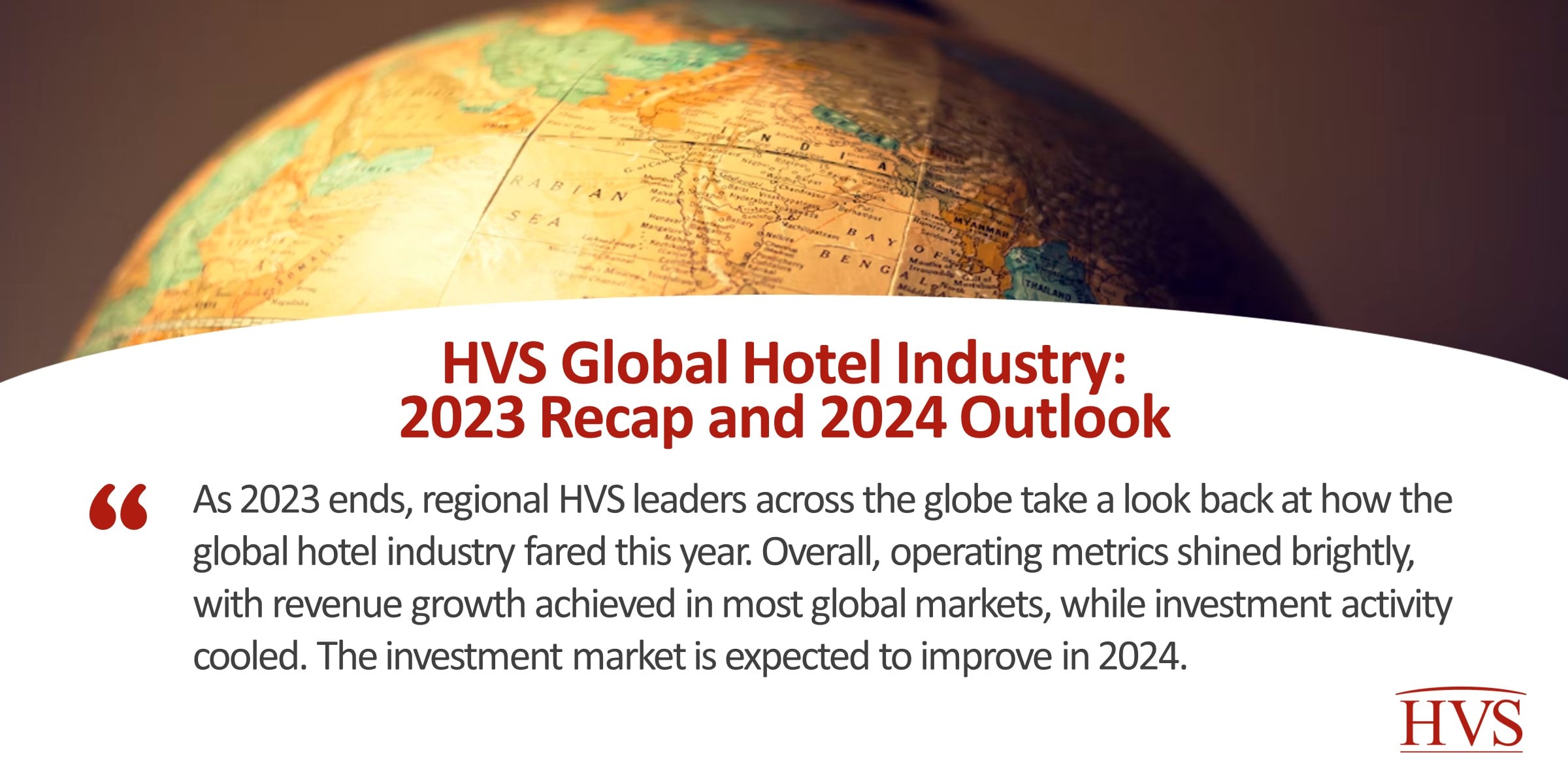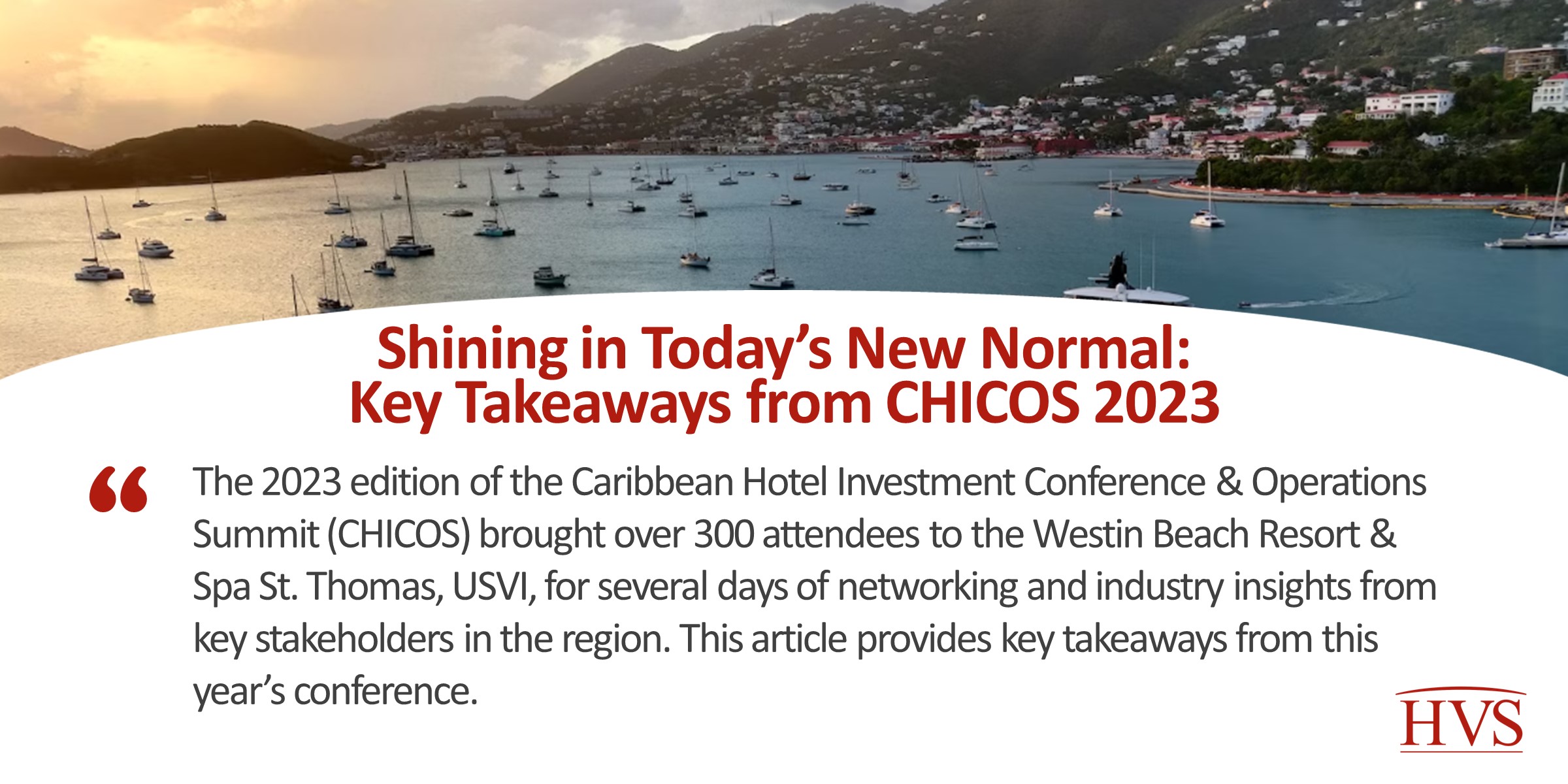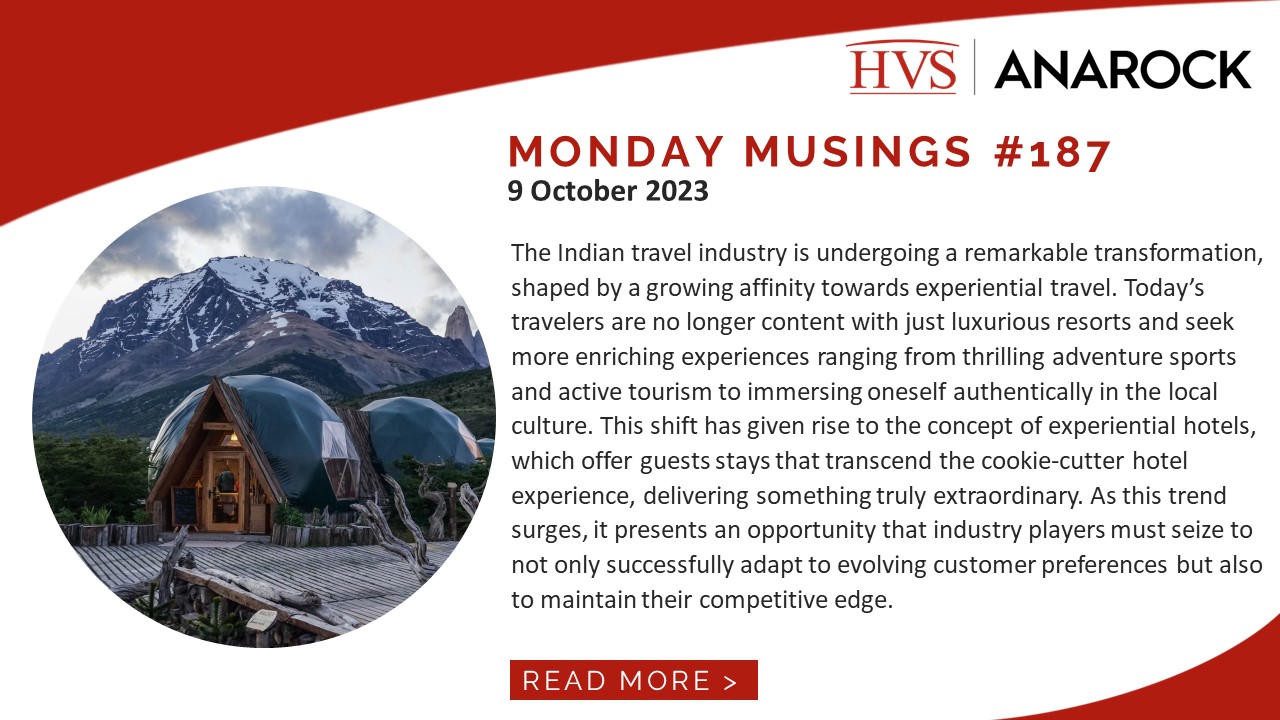In Focus: Indonesia provides an overview of Indonesia's tourism landscape and hotel market performance, infrastructure developments, hotel transactions and investments in 2024, an in-focus topic on the 10 priority destinations as well as an outlook.
Industry Insights
We have written thousands of articles about all aspects of hospitality, including valuations, investing, lending, operations, asset management, and much more.

In Focus: Indonesia
In Focus: Indonesia provides an overview of Indonesia's tourism landscape and hotel market performance, infrastructure developments, hotel transactions and investments in 2024, an in-focus topic on the 10 priority destinations as well as an outlook.
2024 European Hotel Transactions
HVS discusses the main hotel transactions that took place in 2024 and looks at the trends in single-asset and portfolio transactions over the years.
HVS Global Perspectives: Our 2025 Outlooks
Our views around the world reflect early optimism for 2025, with the anticipation of stronger transaction activity and modestly improving hotel metrics in most regions.
ALIS 2025 HVS Takeaways: Slow and Steady Improvement
The hotel investment industry gathered in L.A. once again for the ALIS Conference last week. It was a fantastic opportunity to reconnect with colleagues, compare notes, and share predictions of what the future may bring.
The Serviced Apartment Sector in Europe 2024
Our Serviced Apartment Sentiment Survey invited lenders, investors and operators to share their views on the challenges and strategic focus points in 2024 and beyond.
How the Right Asset Management Firm Helps Optimize Hotel Investments
Partnering with an asset management firm can help maximize investor returns and property values. Asset management is particularly important in the current environment where macroeconomic conditions are in constant flux, geopolitical issues continue to intensify, and domestic monetary policy has considerable implications. The following article outlines how the right hotel asset management firm will help optimize the return on your hotel investment.
Seattle Hotel Market: A Shining Beacon of the Pacific Northwest
In 2023, Seattle was a beacon of renewed strength in the Pacific Northwest given its vibrant concert and sports event calendar, record-breaking cruise season, and $1.9-billion expansion of the Seattle Convention Center. As a result of these factors, Seattle was one of the nation’s best-performing hotel markets during the summer.
HVS Global Hotel Industry: 2023 Recap and 2024 Outlook
As 2023 ends, regional HVS leaders across the globe take a look back at how the global hotel industry fared this year. Overall, operating metrics shined brightly, with revenue growth achieved in most global markets, while investment activity cooled. The investment market is expected to improve in 2024.
Shining in Today’s New Normal: Key Takeaways from CHICOS 2023
The 2023 edition of the Caribbean Hotel Investment Conference & Operations Summit (CHICOS) brought over 300 attendees to the Westin Beach Resort & Spa St. Thomas, USVI, for several days of networking and industry insights from key stakeholders in the region. This article provides key takeaways from this year’s conference.
HVS Monday Musings: Experiential Hotels – Pioneering a New Era in the Indian Travel Industry
A growing affinity towards experiential travel in India has given rise to the concept of experiential hotels, which offer guests stays that transcend the cookie-cutter hotel experience. Read on to know more.
Industry Insights
We have written thousands of articles about all aspects of hospitality, including valuations, investing, lending, operations, asset management, and much more.

HVS discusses the main hotel transactions that took place in 2024 and looks at the trends in single-asset and portfolio transactions over the years.
Our views around the world reflect early optimism for 2025, with the anticipation of stronger transaction activity and modestly improving hotel metrics in most regions.
The hotel investment industry gathered in L.A. once again for the ALIS Conference last week. It was a fantastic opportunity to reconnect with colleagues, compare notes, and share predictions of what the future may bring.
Our Serviced Apartment Sentiment Survey invited lenders, investors and operators to share their views on the challenges and strategic focus points in 2024 and beyond.
Partnering with an asset management firm can help maximize investor returns and property values. Asset management is particularly important in the current environment where macroeconomic conditions are in constant flux, geopolitical issues continue to intensify, and domestic monetary policy has considerable implications. The following article outlines how the right hotel asset management firm will help optimize the return on your hotel investment.

In 2023, Seattle was a beacon of renewed strength in the Pacific Northwest given its vibrant concert and sports event calendar, record-breaking cruise season, and $1.9-billion expansion of the Seattle Convention Center. As a result of these factors, Seattle was one of the nation’s best-performing hotel markets during the summer.

As 2023 ends, regional HVS leaders across the globe take a look back at how the global hotel industry fared this year. Overall, operating metrics shined brightly, with revenue growth achieved in most global markets, while investment activity cooled. The investment market is expected to improve in 2024.

The 2023 edition of the Caribbean Hotel Investment Conference & Operations Summit (CHICOS) brought over 300 attendees to the Westin Beach Resort & Spa St. Thomas, USVI, for several days of networking and industry insights from key stakeholders in the region. This article provides key takeaways from this year’s conference.

A growing affinity towards experiential travel in India has given rise to the concept of experiential hotels, which offer guests stays that transcend the cookie-cutter hotel experience. Read on to know more.

Robust demand in urban centers continues to drive Canadian hotel values despite high interest rate environment.